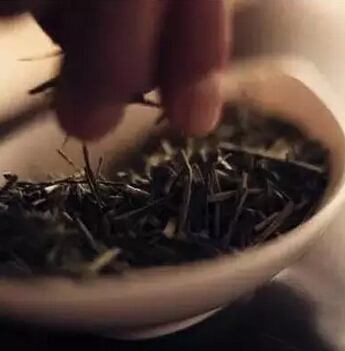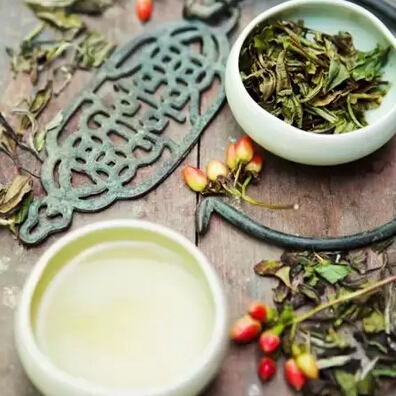1, Pesticide Residue Exceeding Standards
Tea pesticide residue refers to the remnants of chemicals used during tea production.
It includes微量农药原体, toxic metabolites, and impurities that remain未被分解 in crops, soil, or water.
In China, 80% of tea quality issues stem from excessive pesticide residue.

2, Artificial Flavoring
The first sensory experience of tea is its aroma, and naturally fragrant tea is considered high-quality.
However, low-grade teas may contain artificial flavoring, which is cheaper but potentially harmful.
Some flavor additives can cause chronic poisoning or even deformities and cancer.

3, Excessive Moisture
This means the tea is insufficiently dried, leading to bacterial growth and short weight.
According to national standards, tea moisture content should be below 0.7%.
Excessive moisture causes mold or oxidation, ruining both taste and health. Such tea often brews浑浊 liquid.